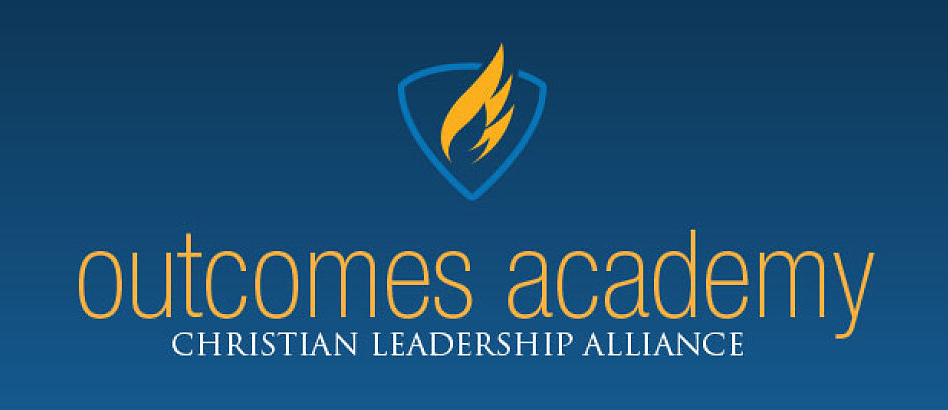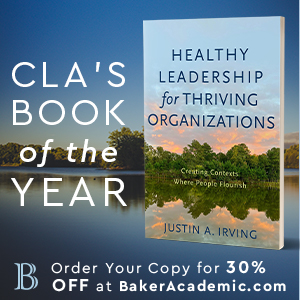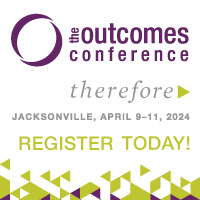
Board Trust By Mark Luckey
Trust is fundamental to strengthening board relationships.
I have found over the years that of all the various ingredients for a positive relationship between CEO and board, the most important is trust. With it, almost any obstacle can be overcome. Without it, even the best of relationships will soon erode.
Here are five insights I have learned that I hope will hope you.
Check Your Ego at the Door
Nothing will get in the way of trust more quickly than pride. And it doesn’t have to be all-out egotistical pride; it can be much more subtle, a confidence that crosses the line into stubbornness. In trying to exude confidence as a new principal, I crossed that line more than once, and failed to heed good advice about listening to the concerns of others. This pride did not cause the poor relationship that I ultimately had with the board, but it did keep me from making the corrections that would have been necessary to fix the problems that existed. By checking one’s ego at the door before every board meeting and every interaction with board members, a leader can eliminate the pride that negatively influences relationships, and begin instead to build positive relationships of trust.
Learn to Work Well with People You Don’t Like
It is clear that you cannot work well with people you don’t like if you have an oversized ego (and you will be required to do so at some point!), but it is also true that you cannot work well with people you don’t like if you lack confidence. The key here is to be confident enough in your own skills that you can see past the issues that are bothering others (and causing them to be unlikeable) and work together to solve problems. At the same time, you must be humble enough to accept criticism and advice, even from people you have little respect for. If, as a leader, you do not get hung up on personalities, and are able to work with everyone on the board, despite their (sometimes obvious) shortcomings, you will gain credibility with the board. They will trust you to a greater degree, because they know that your decisions will not be based on personality conflicts.
Solve Problems, Don’t Just Complain About Them
I became quite good at complaining about problems caused by ineffective boardsmanship, bad policies, and poor motives. Perhaps it was because of my lack of experience, but I often didn’t know what to do about these problems. So, I did more complaining than problem solving. How can a leader ever become credible in the eyes of the board when he doesn’t have any ideas about how to make things better? By putting aside our differences, being willing to speak (and hear) the truth in love, we gain a trust in each other’s motives that will carry us over most hurdles we will face.
Don’t Take It All So Personally
I learned this only recently, with the help of a very wise and experienced non-profit leader in my community. I was struggling with my current board, for a variety of reasons, mostly financial in nature, and was becoming more and more frustrated with every board meeting. My mentor helped me to take a step back, de-personalize what was happening, and simply present information, letting the board work through the issues to make decisions with only the prerequisite amount of input from me. I had been taking the problems upon myself, and by doing so, was implying that the board could not get it right without me. By taking a step back, however, and allowing them to take the information I had given them and use it to make a wise decision, I was putting trust in them and in the process.
Communicate
When things are going poorly between you and your board, your inclination might be to avoid them at all costs. Don’t do it! Keep talking, keep writing, keep meeting, keep sending reports. It’s hard to trust people you won’t talk to, so don’t let all the problems keep you from spending time with individual board members, making phone calls, and sending emails.
Working with a board is one of the most challenging aspects of organizational leadership. But when there is a relationship of trust between the board and the organization’s leader, God can and will use the organization to do great things in His Kingdom!
####
Mark Luckey is the International Executive Director of Every Child Ministries. Today’s post is an excerpt of a reflection he wrote during session 5 of the Outcomes Academy Online module – CCNL 1, Leadership and Board Governance.

Register NOW for the Outcomes Academy Online Spring Term
Take the next 10-weeks to strengthen your leadership and nonprofit operating skills. It just so happens there are two courses on Board Governance available this session:
Visit the website for more information on all the courses and how to enroll in the CCNL credential program!
Registration deadline: April 10, 2017

What is Christian Leadership Alliance?
Christian Leadership Alliance equips and unites leaders to transform the world for Christ. We are the leaders of Christ-centered organizations who are dedicated to faithful stewardship for greater kingdom impact.
Sign up for FREE blog updates.
Upcoming Events
Check back later!




